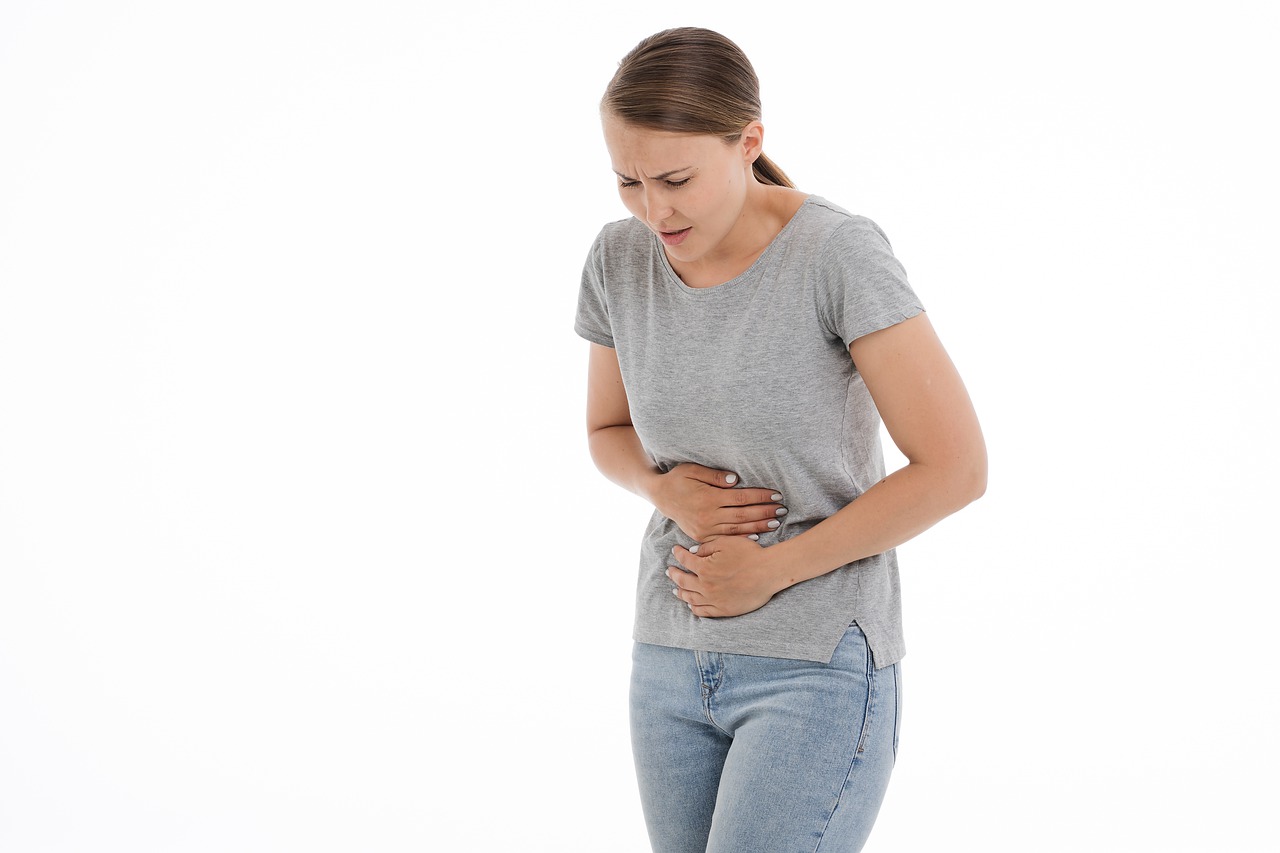By Suzanne Doad, MS, RD, LDN
Gastrointestinal (GI) symptoms and functional GI disorders, such as IBS, are on the rise and I don’t think that it’s a coincidence that this has coincided with with the ever-increasing demands of our busy lives. There used to be a time set apart for meals, but it seems like lunch at our desks and dinner on-the-go have become the norms.
I’m not pointing fingers, as I am also guilty. For years I ate lunch accompanied by the glare of my computer screen, or had a protein shake, a handful of almonds, and carrot sticks while commuting between jobs. My digestion suffered from it…big time.
At first my GI symptoms were particularly confusing for me, because I was eating what I considered to be generally healthy foods. Something had to give. Recently, I’ve been thinking about how HOW we eat affects digestion and GI symptoms and what measures can be taken at meal time to improve how our bodies break down, absorb, and assimilate the nutrients from our food.
The autonomic nervous system has two main states, the sympathetic “fight or flight” state and the parasympathetic “rest and digest” state. You want your body to be in the latter state in order to optimize digestion. Poor digestion is one of the root causes of many IBS symptoms, such as bloating, gassiness, heartburn, constipation, and even loose bowel movements.
Being in a relaxed state helps the body to better be able to produce the components that are needed to break down and absorb food. This includes hormones such as gastrin, secretin, and cholecystokinin, which in turn influence the production and secretion of gastric acid, digestive enzymes, and bile.
Why are these components important? Gastric acid helps to unravel proteins, an action needed for protein-digesting enzymes to do their work, and for the absorption of minerals and vitamin B12. It also helps destroy microbes that may be on the food we ingest, hopefully preventing food borne illness, which is something that no one wants to experience.
Insufficient gastric acid and digestive enzymes can result in food being poorly digested. Undigested food can be quite problematic as it not only means that your body isn’t receiving as many nutrients from these foods but it also provides food for bacteria that can digest them – which is problematic if there are too many bacteria in the wrong part of the digestive tract, namely the small intestine. This can lead to a GI condition called small intestinal bacterial overgrowth (SIBO), which presents its own set of unique symptoms and problems.
Relaxation also promotes motility, which is the movement of food downwards from your mouth to your intestines. When motility slows down, symptoms start to appear. These include uncomfortable conditions such as bloating, heartburn, and constipation.
So how can you put your body in a state that prepares it for optimal digestion? As a first step, eliminate distractions as much as possible. Step away from your computer or workspace and put your cell phone away. Move to an area that has a window or some natural light – even better, get outside! Take a few deep and calming breaths before you get started to put your body in a more relaxed state. If it’s in your practice, say a blessing or a few words of gratitude for your meal; this helps to put you in the right mindset.

As you are eating, put your fork or spoon down in between bites of food. Make sure to chew your food thoroughly – think baby food consistency. This helps your body to be able to produce the needed hormones and enzymes to break down your food and keep it moving. Taking your time with meals also makes it more likely that your brain gets the satiety or “full” signal in time, helping to prevent overeating, which is a common cause of heartburn and indigestion.
While I am a big proponent of proper hydration, I usually don’t recommend drinking more than four to eight fluid ounces of water or other beverage with a meal unless you have a medical condition which necessitates it. Hydrate between meals! This helps to prevent the dilution of stomach acid and digestive enzymes. Additionally, fluid can fill you up quickly, preventing you from getting the most nutrition out of your meal.
To eat alone or not to eat alone? Unless you need the time for quiet or prefer eating solo, having a meal with family or friends can make the meal more enjoyable, plus it helps you to be able to slow down your eating.
Get some gentle movement post-meal. Time allowing, go for a short walk after eating, ten to twenty minutes. Make sure that you keep the pace slow. You don’t want anything too intense that may cause indigestion or be counterproductive. Movement helps promote digestion and motility. As an added benefit, insulin sensitivity is also improved with post-meal activity, which means that you need less of it to be able to process a meal, making an after dinner stroll a win-win.
Next time you sit down for a meal, try out some of these measures and see if they help with how you feel after eating. With time, hopefully some of your symptoms will improve and you will be able to prevent further digestive issues from developing.
